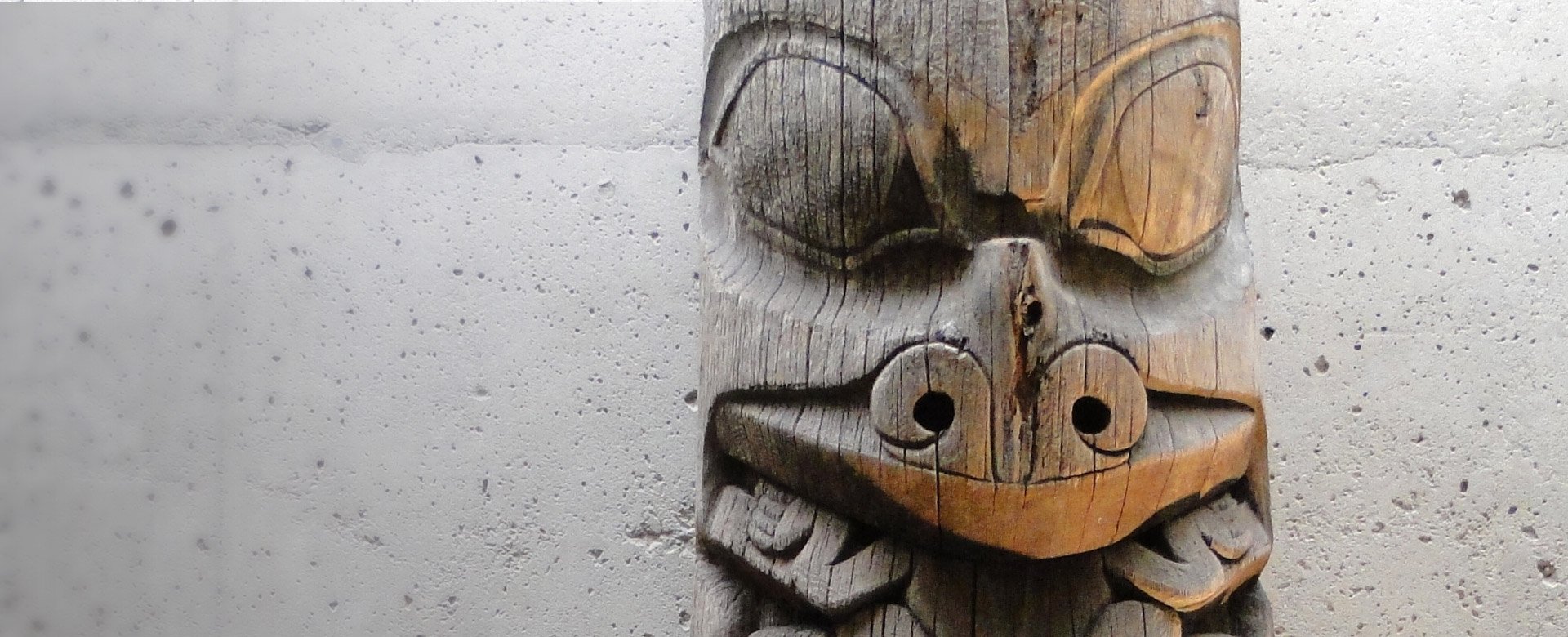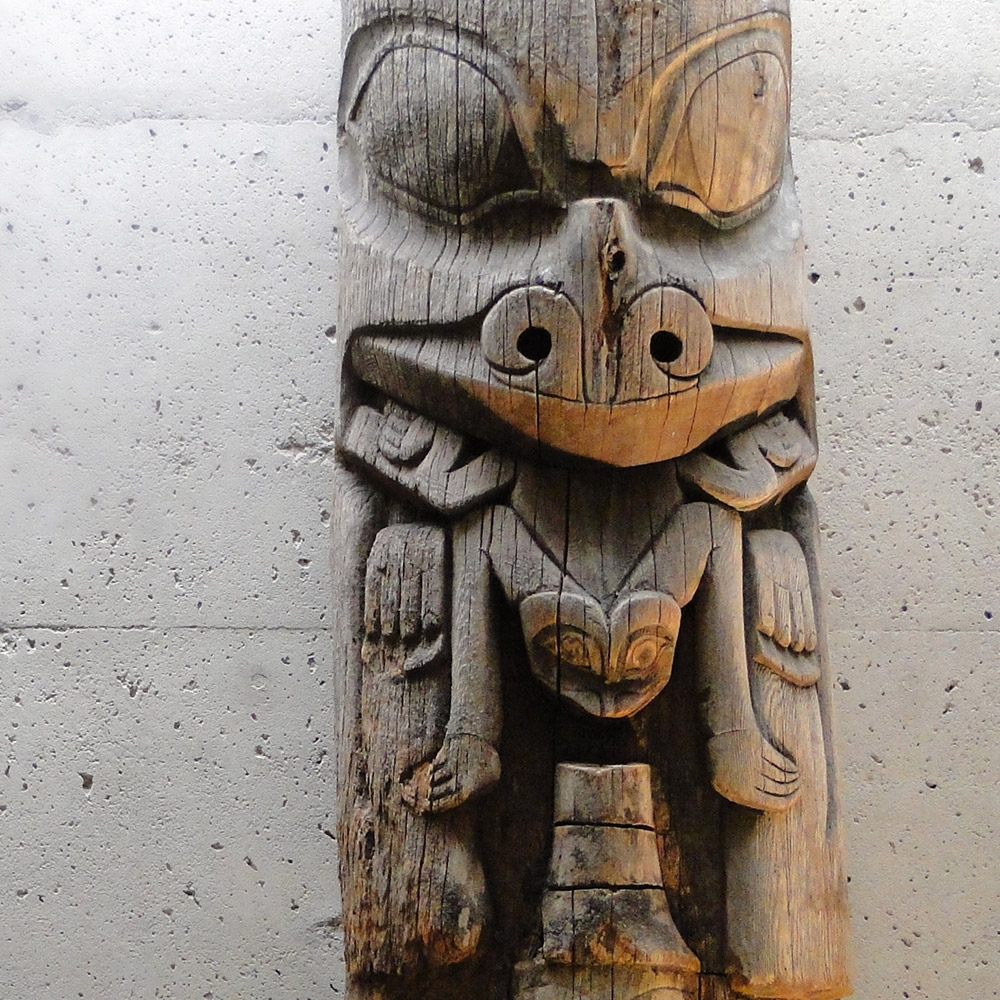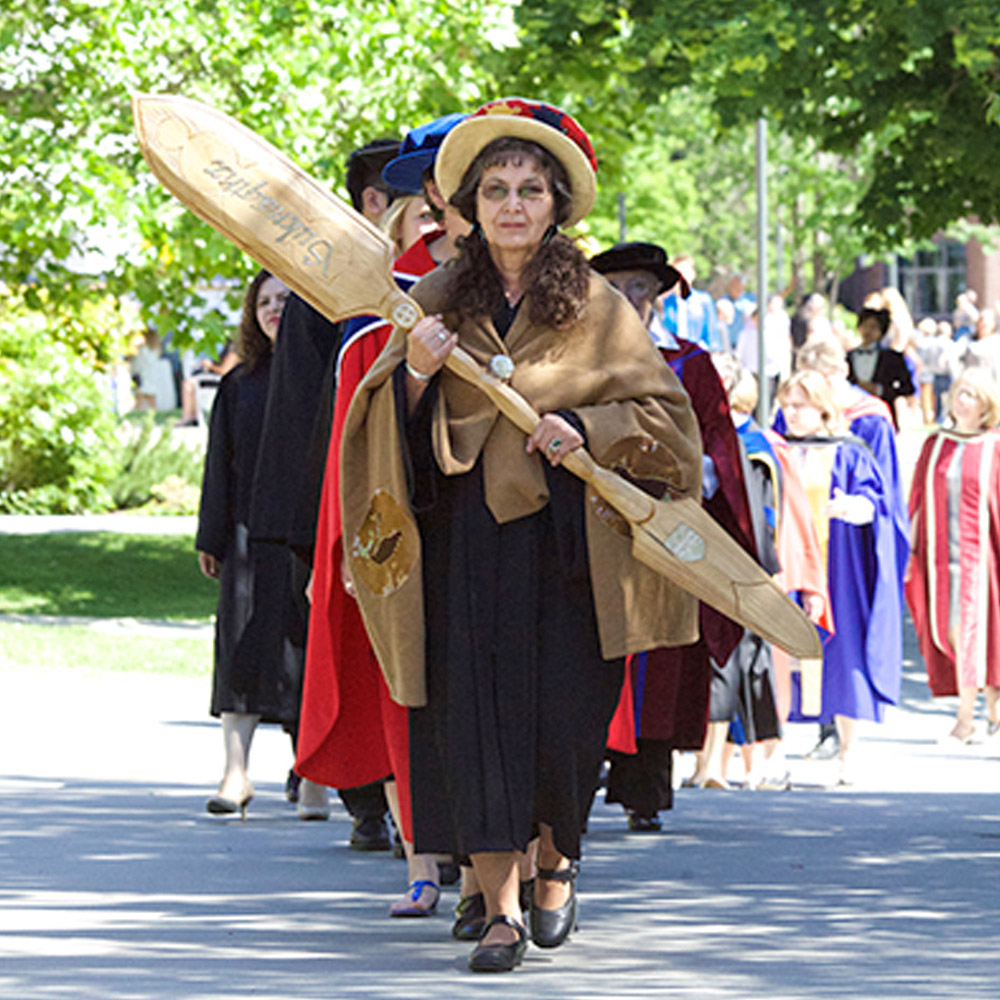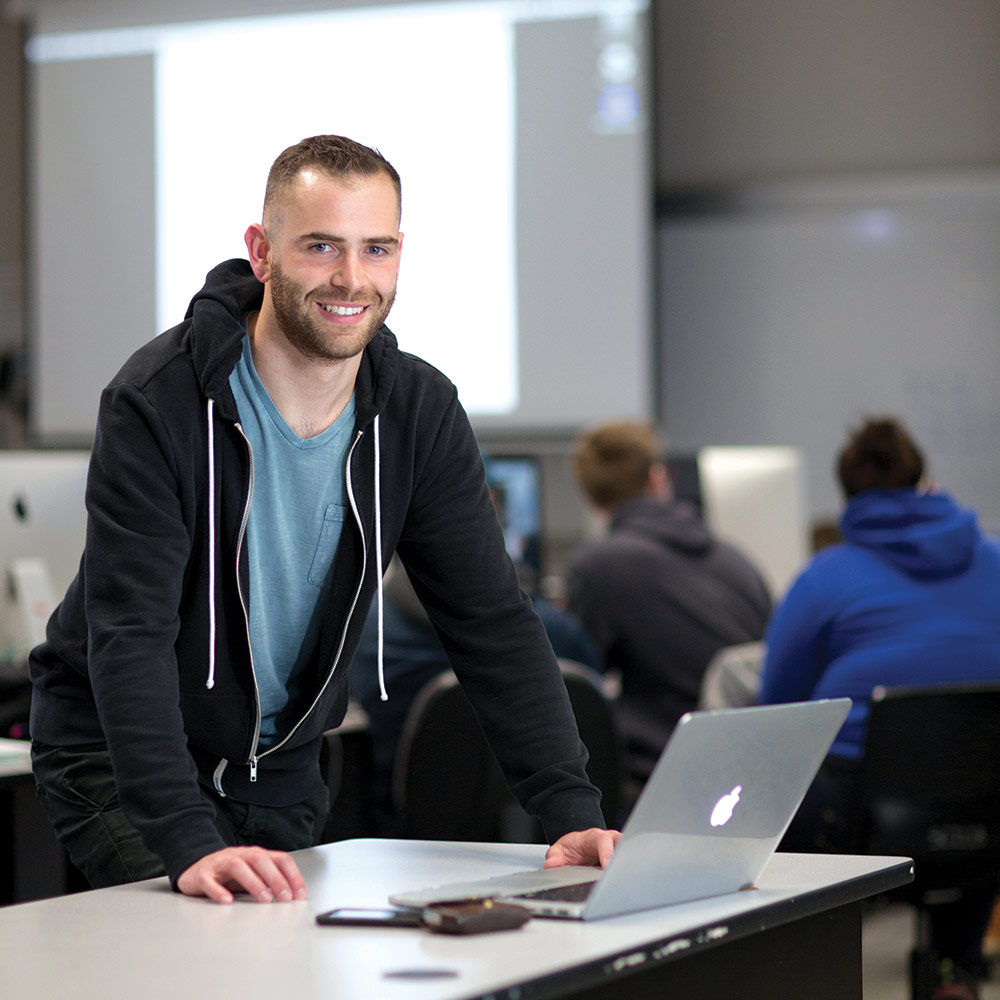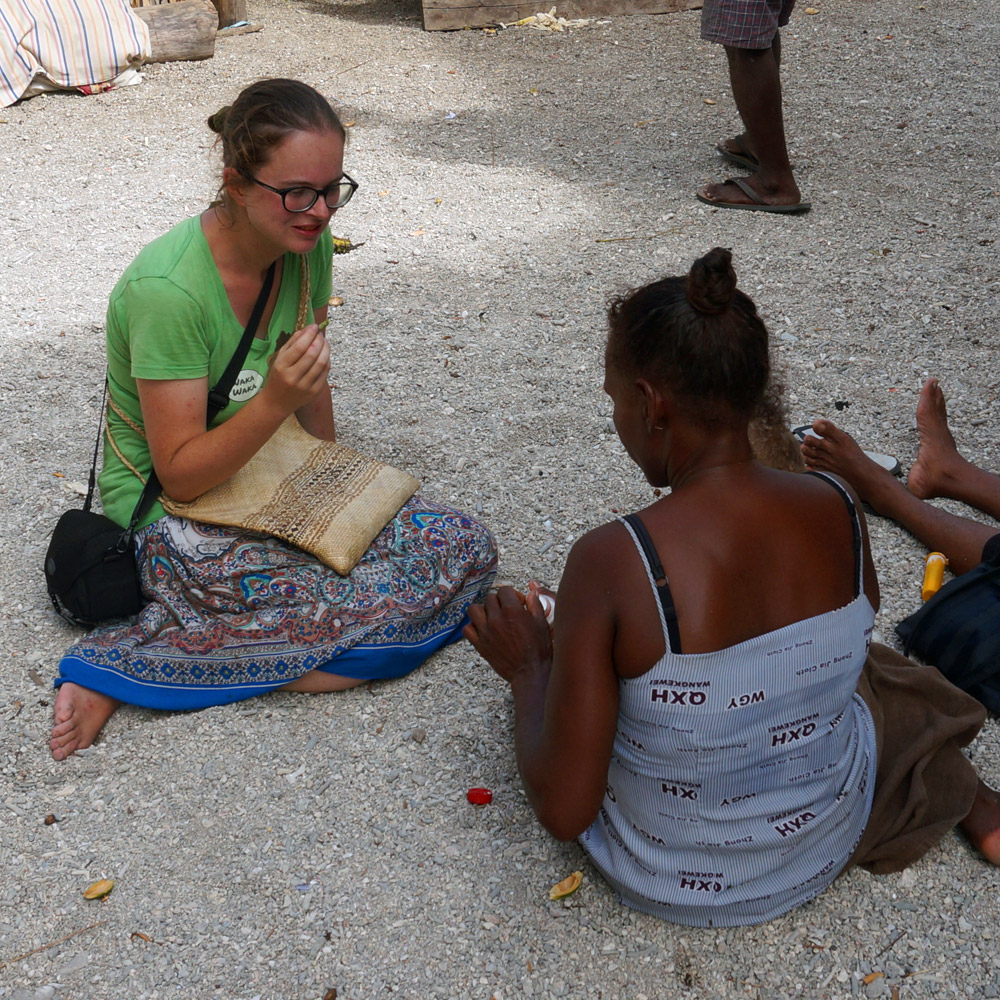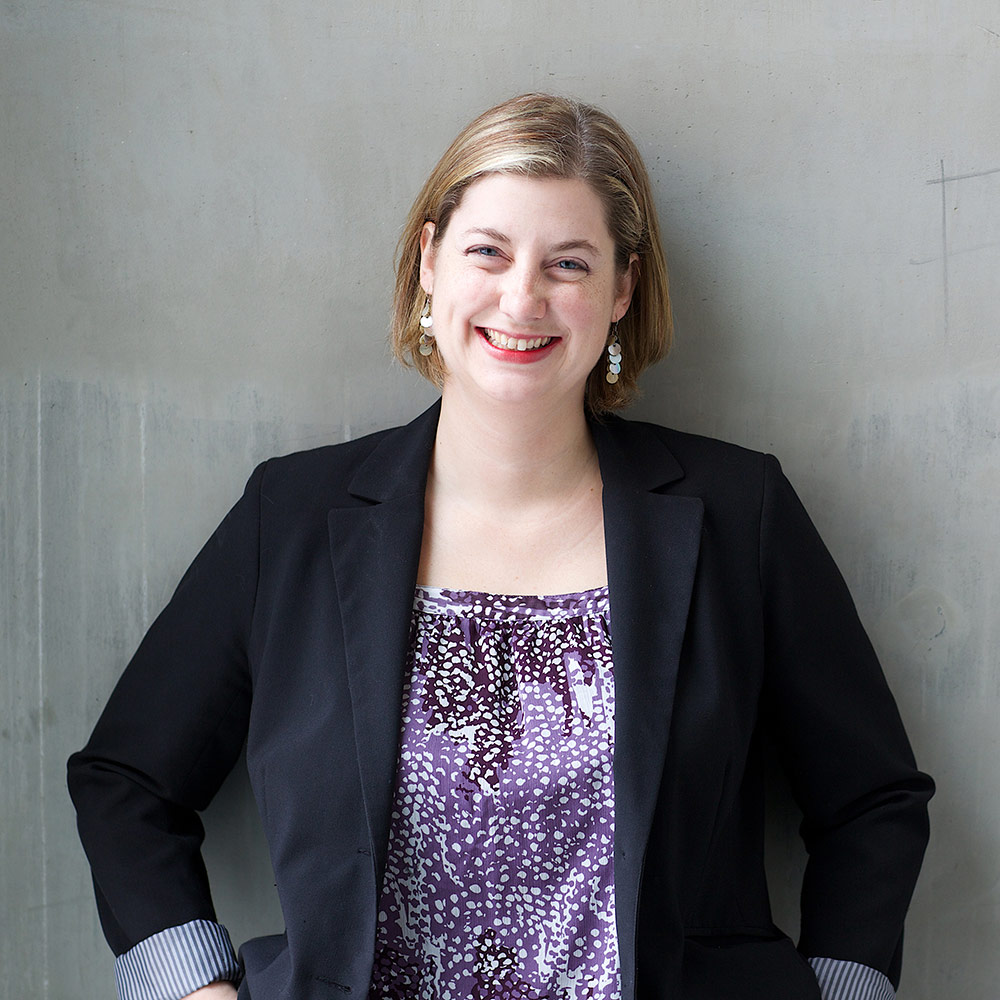INSTITUTES AND LABS
ICER is an academic research centre that unites researchers from a broad range of disciplinary backgrounds, including anthropology, gender studies, indigenous studies, economics, education, health studies, human geography, nursing, social work, and sociology.
Sharing a commitment to research that supports diversity, equity, and social justice, the Institute facilitates the participation of community members, organizations,students, and academics as co-researchers. ICER is a hub for building relationships, collaboration, and effective knowledge creation and exchange.
Research Themes
Language, Revitalization, Decolonization
Linguistic anthropologists and Indigenous Studies researchers are helping to advance language revitalization in Indigenous communities in Canada, China, and Papua New Guinea.
Environment / Anthropocene
A research cluster in Indigenous Led Impact Assessment is bringing researchers together across several disciplines to support Indigenous led impact assessment, while another research cluster in Enhancing Ecosystem Sustainability is bringing together traditional ecological knowledge, animal biology, plant ecology, and ecosystem management to address climate change and ecological disruption.
Tourism, Migration, Mobilities
Anthropologists, human geographers, and gender and women’s studies scholars are seeking to better understand the complexities of human movement, in relation to housing, tourism, reproduction and kinship, religion, and heritage.
Indigenous Knowledge and Philosophy
A Canada Research Chair in Okanagan Indigenous Knowledge and Philosophy is making Syilx (Okanagan) traditional knowledge accessible for the first time.
Feminist Theory and Interventions
Gender and women’s studies and Indigenous studies scholars employ feminist theory to challenge ongoing gendered violence and the surveillance of bodies by the state, as well as to consider how fashion, weddings, and humour are political.
Digital and Multi-media
The use of digital and multimedia technologies to convey storytelling as a means to revitalize language in remote communities and to convey information quickly in response to climatic and poverty-related crises is being advanced by our researchers in human geography as well as anthropology, gender and women’s studies, and Indigenous studies.
Health, Well-being, Biopolitics
Indigenous studies scholars and anthropologists are examining the systems of power that contribute to health risks in racialized and marginalized communities, including diabetes and HIV.
Gender, Sexuality, Nation, and Race
Questions about contemporary and historical identities, and the wider processes that shape them including colonialism, genocide, patriarchy, and citizenship, are being explored by our anthropologists, gender and women’s studies scholars, and Indigenous studies scholars.
Land and Water / Landscape Change
Indigenous and non-Indigenous researchers are collaborating with museums and visual artists to educate the public about water rights.
Opportunities for Undergraduate Students
The Department of Community, Culture, and Global Studies offers many opportunities for undergraduate students to gain valuable research experience. You can participate in research either as a volunteer research assistant, or through Directed Studies opportunities. Explore your options below.
The opportunity: Get experience helping faculty members with their research projects. This is a non-credit job opportunity that will give you the chance to participate in various elements of conducting research. The duties and length of the opportunity is determined by the supervising faculty member.
Prerequisites: Typically, no experience is required, but some opportunities may require the completion of certain courses prior to volunteering.
Consult your program advisor or a faculty member for more information.
The opportunity: Design and carry out your own course under the supervision of a faculty member in the Department of Community, Culture and Global Studies. You can earn three or six credits, depending upon the course.
Prerequisites:
- Anthropology: third-year standing, permission of the department head and a faculty member to supervise the project.
- Gender and Women’s Studies: third-year standing, six credits of gender and women’s studies courses, permission of the department head and a faculty member to supervise the project.
- Geography: third-year standing, permission of the department head and a faculty member to supervise the project.
- Indigenous Studies: third-year standing, three credits in INDG 200- or 300-level courses, permission of the department head and a faculty member to supervise the project.
Consult your program advisor or a faculty member for more information.
The opportunity: The department of Community, Culture and Global Studies often has positions for advanced undergraduate students to work as teaching assistants. Duties include grading exams and teaching-related activities.
Prerequisites: Varies, depending on the course and faculty member. Visit the Careers page or consult your program advisor.
The opportunity: That’s What [WE] Said is a journal edited and published by Gender, Women and Sexuality Studies students. There are opportunities for undergraduate students to contribute to or serve on the editorial board.
Prerequisites: Consult the publication website for more information about the journal and for submission requirements.
Awards for Undergraduate Students
The Undergraduate Research Awards (URA), CASA Award and CAG Award provide exceptional research experiences for students at UBC’s Okanagan campus.
The purpose of the awards is to encourage undergraduate students to pursue innovative and original research as part of their learning experience.
Our Partners and Donors
Together, we are making a difference, locally and around the world. Our partners and donors allow us to carry out our mission of helping the community, making advancements in research, and providing quality education in the fields of anthropology, gender and women’s studies, indigenous studies, and geography.
If you are interested in becoming a partner or donor, we would love to hear from you.
